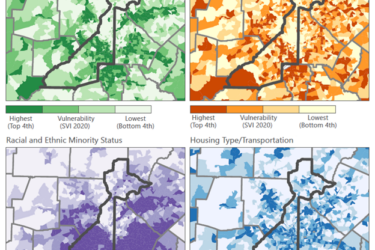
The debate on soda taxes is back, this time in Philadelphia.
City leaders there want to charge 1.5 cents for every ounce of soda sold in a move aimed at not just discouraging sugary drink consumption but also to help fund a range of initiatives such as expanded prekindergarten and library renovations, according to media reports.
The New York Times’ Margot Sanger-Katz, who is covering the proposal, noted that such soda taxes have long been tried with few successful adoptions. So far, Berkeley, Calif., is the only U.S. city with such a tax, although others – including San Francisco and Oakland, Calif., as well as Boulder, Colo. – are eying the trend. Mexico also taxes such beverages.
In Philadelphia, income inequality is a major consideration.
“Unlike Berkeley, Philadelphia is a city with a large poor population and high soda consumption. That means that, if the soda-tax advocates are right, it could have a measurable public health benefit,” Sanger-Katz writes, adding:
“Some City Council members felt uncomfortable with the possible regressive nature of the soda tax. Poor people tend to drink more sugary drinks than higher earners. The decision to include diet drinks was an effort to spread the tax burden up the income scale.”
The beverage industry, Teamsters union and grocers are opposing Philadelphia’s proposal, spending millions to lobby against it and weighing possible legal action should it become law, according to the Times.
In response, advocates supporting the tax, including Mayor Jim Kenney, are trying to make the change “more palatable” as Sanger-Katz notes. Instead of focusing on obesity or the impact of drinking soda, he is instead pushing the health benefits that of pre-K that the tax would help fund. “This soda tax isn’t for the nanny state; it’s for the needy state. Governments are starting to think of soda taxes as the next sin tax — an untapped source of revenue that could help with other things,” she wrote in April.








